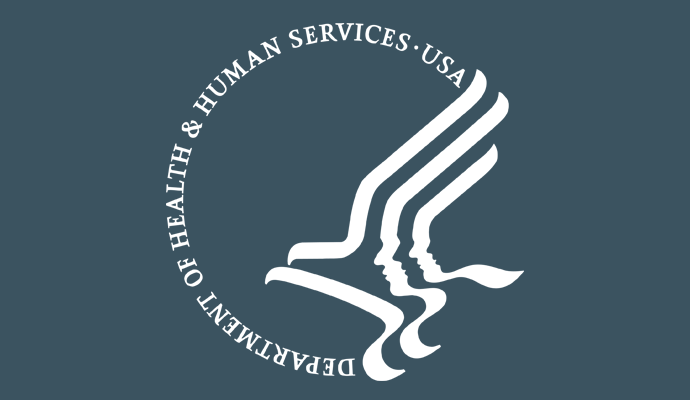HHS Guidance Further Expands Access to COVID-19 Vaccines, Tests
The guidance authorizes both qualified pharmacy technicians and state-authorized pharmacy interns to administer an FDA-approved COVID-19 vaccine to individuals aged three and older.

Source: Thinkstock
- HHS recently issued guidance authorizing qualified pharmacy technicians and state-authorized pharmacy interns to administer childhood vaccines, COVID-19 vaccines, and COVID-19 tests.
The guidance, issued through the Assistant Secretary for Health and under the Public Readiness and Emergency Preparedness Act (PREP Act), also said pharmacy interns can administer FDA-authorized vaccines that have been recommended by the Advisory Committee on Immunization Practices (ACIP) to individuals aged between 3 and 18 years old according to ACIP’s standard immunization schedule.
And although pharmacy interns must be authorized by the state or board of pharmacy in the state where the internship occurs, a license from the State board of pharmacy is not required.
"Pharmacists and their staff are critical to the COVID-19 response," Admiral Brett P. Giroir, MD, Assistant Secretary for Health, said in the announcement. "Together with pediatricians and family physicians, they are ensuring that Americans receive the vaccines they need where they need it."
For qualified pharmacy technicians or interns, requirements to administer a vaccine include completion of a practical training program that is approved by the Accreditation Council for Pharmacy Education (ACPE), certification in cardiopulmonary resuscitation, and completion of two hours of ACPE-approved immunization-related pharmacy education.
For the supervising qualified pharmacist, they must be readily available to the immunizing qualified pharmacy technicians, listen to recordkeeping and reporting for administering vaccines, report adverse events, and review the vaccine registry or other vaccination records before ordering the vaccination to be administered.
Additionally, supervising qualified pharmacists must inform the patient of the importance of a visit with a care provider and comply with any applicable requirements based on CDC’s COVID-19 vaccination provider agreement or other federal requirements, HHS said.
Additional HHS requirements include:
- The vaccination must be ordered by the supervising qualified pharmacist
- The vaccine must be FDA-authorized or FDA-licensed
- A COVID-19 vaccine must be ordered and administered according to ACIP’s coronavirus vaccine requirements
- A childhood vaccination must be ordered and administered according to ACIP’s standard immunization schedule
HHS has worked continuously throughout the pandemic to enhance the safety, efficiency, and distribution of COVID-19 vaccines.
At the end of August, HHS issued a third amendment to the Declaration under the Public Readiness and Emergency Preparedness Act (PREP Act) to expand access to life-saving childhood vaccines during the COVID-19 pandemic.
The increased access to vaccines decreases the risk of vaccine-preventable disease outbreaks as children in the US prepare to return to daycare, preschool, and school.
The amendment authorizes state-licensed pharmacists or pharmacy interns under supervision, to order and administer vaccines to individuals ages three to 18 years of age.
Although pharmacists already play a vital role in annual influenza vaccinations, the amendment will give them a bigger part to play in a post-pandemic world.
HHS stated that the motive for increasing access to vaccines was a May 2020 CDC report, which found that there was a drop in routine childhood immunizations as a result of families staying home because of COVID-19.
But major organizations, including the American Medical Association (AMA), oppose the new declaration. A statement from Susan R. Bailey, MD, president of AMA was released following the issuing of the amendment.
“While we acknowledge that childhood vaccinations have significantly declined during the pandemic, preempting state licensing laws to expand pharmacists’ scope of practice is not the solution to vaccine hesitancy and will create additional problems,” she said.
“It will likely cause children to forgo holistic well-child exams and comprehensive preventive care, early diagnosis, optimal therapy, and ensured timely vaccinations that are necessary to safeguard children’s health, especially during a pandemic.”
